Humanitarian Parole for Venezuelans
A QUICK FACT SHEET
OVERVIEW
WHAT IS IT: On October 12, 2022, USCIS announced it would begin accepting sponsorship requests from individuals who wish to support Venezuelans seeking to leave Venezuelan for “urgent humanitarian reasons.” Upon acceptance of the sponsorship request, Venezuelans can apply for humanitarian parole and, if granted, can be admitted to the United States for up to two (2) years.
WHAT IS IT NOT: This is not refugee or asylee status. It is a temporary period of parole during which time Venezuelans may pursue asylum. They are not eligible for Temporary Protected Status (TPS) if admitted through this program.
HOW TO QUALIFY
SUPPORTERS: Individuals wishing to sponsor Venezuelans must meet the following criteria:
Have lawful status in the United States (this includes other parolees or beneficiaries of deferred action or Deferred Enforced Departure);
Must pass background check; and
Must demonstrate ability to financially support a Venezuelan parolee for the duration of their two-year parole in the United States by filing Form I-134.
BENEFICIARIES: In order to qualify for this parole program, Venezuelans must satisfy the following criteria:
Must be a Venezuelan national outside of the United States (meaning, they cannot request this benefit from within the United States);
Must be the immediate family member of a Venezuelan national (spouses and children under the age of 21);
Must possess a passport for international travel;
Must have a U.S.-based sponsor who has filed Form I-134;
Must be able to arrange their own travel to the United States;
Must pass a background check;
Must not be a resident, refugee or dual national of any other country other than Venezuela;
Must not be an unaccompanied child (children under the age of 18 traveling to the United States must be accompanied by a parent or legal guardian);
Must not have any prior immigration infractions such as deportation or past unlawful entries; and
Must comply with public health and vaccination requirements.
WHAT DOES IT MEAN TO BE A SUPPORTER
Supporters for Venezuelan beneficiaries must be willing and able to commit to support for the duration of the beneficiary’s parole in the United States. This type of support may include the following:
Paying for travel;
Paying for and arranging safe and appropriate housing;
Receiving and transporting the beneficiary to their housing;
Assisting the beneficiary with seeking out a legal services provider to help with applying for employment authorization, a Social Security card and other services for which they might be eligible;
Ensuring that the beneficiary’s healthcare needs are met for the duration of parole;
Assisting the beneficiary with access to education, employment and other services; and
Ensuring the beneficiary’s basic needs are met as far as material support.
HOW TO BEGIN THE PROCESS
Importantly, Venezuelan beneficiaries cannot self-petition, meaning they cannot apply for this benefit directly. Their sponsor in the United States must first file the Form I-134 with USCIS on behalf of the beneficiary and provide key information about the beneficiary. If USCIS determines the Form I-134 is sufficient and merits their favorable discretion, USCIS will contact the beneficiary directly to begin the next steps in the process.
The key steps in this process are as follows:
File Form I-134 through a trusted legal services provider (like Lighthouse Immigrant Advocates!) along with evidence supporting ability to financially sustain beneficiary for the duration of their parole period;
If the I-134 is approved, USCIS will reach out to the beneficiary by email to ask them to create a myUSCIS account where they’ll confirm their biographic information and vaccination status;
After confirming biographic information and completing health and vaccination attestations, beneficiaries will be directed to the CBP One mobile app where they’ll enter their biographic information and provide a photo;
Beneficiaries will receive confirmation in their myUSCIS account if CBP is willing to grant them with advance travel authorization to enter the United States; if it’s approved, this authorization is valid for 90 days;
With their advance travel authorization, the beneficiary can travel to the United States and present themselves to CBP for inspection, where they will be considered for a discretionary parole grant, which will include additional screening and vetting, including fingerprints;
If, after undergoing the vetting process, the beneficiary is admitted to the United States, they will be allowed to stay for a period of up to two (2) years, conditional on compliance with health and vetting requirements, and will be eligible for employment authorization.
IMPORTANT INFORMATION TO KEEP IN MIND
Misinformation, fear-mongering, false rhetoric and immigration fraud is rampant in the United States. Make sure you are not a part of the problem and do your research first. Below are some key facts related to this new program:
This is temporary parole and NOT refugee status.
Parole is not a permanent status and it is not a path to permanent residency.
It is a benefit only for Venezuelan nationals who have a vetted and approved U.S. sponsor who can commit to supporting them for the duration of their parole.
Venezuelans will be subject to several levels of vetting and background checks.
Beneficiaries are not guaranteed admission until they actually have a parole stamp in their passport; they could still be denied entry as late in the game as Step 6 in the process.
Beneficiaries, upon entering the United States, cannot immediately work; they must apply for an Employment Authorization Document (EAD) and Social Security Number (SSN).
Beneficiaries, if they wish to remain in the United States, should meet with a reputable immigration legal services provider to discuss potential immigration remedies, as parole is temporary and may not be extended beyond the initial two-year grant.
Likely, this category of beneficiaries will not be eligible for state and federal benefits, like food stamps, cash assistance and Medicaid; for this reason, it will be important to find private means of meeting these basic needs.
